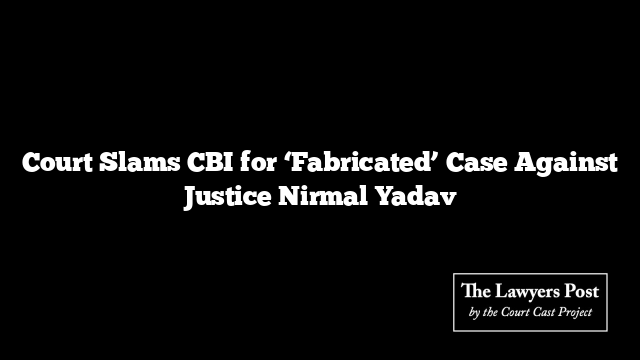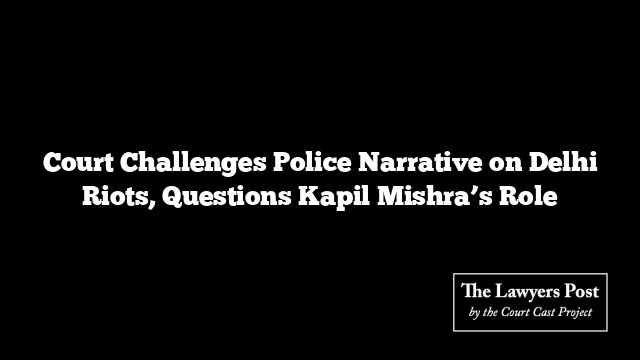The Supreme Court strongly criticized Telangana Chief Minister Revanth Reddy over his recent statement in the State Assembly, suggesting that no by-elections would be necessary even if opposition MLAs defected to the ruling Congress.
A bench comprising Justices BR Gavai and Augustine George Masih took issue with the remark, stating, “If this was said on the floor of the House, your Hon’ble CM is making a mockery of the anti-defection law.”
The case before the court revolves around the disqualification of three MLAs—Venkata Rao Tellam, Kadiyam Srihari, and Danam Nagender—who switched to Congress after winning elections on a BRS ticket. Previously, the Telangana High Court had instructed the Legislative Assembly Speaker to resolve the matter within a reasonable timeframe. However, the Speaker’s inaction prompted BRS MLAs Kuna Pandu Vivekananda and Padi Kaushik Reddy, along with BJP MLA Alleti Maheshwar Reddy, to escalate the matter to the Supreme Court.
During the hearing, Senior Advocate C Aryaman Sundaram brought up Reddy’s Assembly statement from March 26, where he assured members through the Speaker that switching parties wouldn’t trigger by-elections. Countering this, Senior Advocate Mukul Rohatgi clarified that the Assembly proceedings were not under scrutiny in the case, emphasizing that he was not representing the CM in this matter.
Justice Gavai, however, issued a stern warning, advising Rohatgi to caution the Chief Minister against making such statements. “You better warn that no repeat action… We may be slow in issuing contempt notices, but we are not powerless,” he remarked.
The Bench also underscored the importance of statements made in legislative houses, noting that such remarks hold legal and institutional weight.
Reddy had previously faced judicial backlash for his comments on a Supreme Court ruling related to BRS leader K Kavitha’s bail.
Meanwhile, Rohatgi argued that under Article 226 of the Constitution, High Courts lack the authority to impose deadlines on the Speaker for disqualification cases. The Supreme Court, however, questioned the prolonged delay in issuing notices regarding the petitions, asking whether the Speaker could avoid action for years without judicial intervention.
The discussion further touched upon the possibility of Parliament imposing a statutory timeline for Speakers to decide on disqualifications. Justice Gavai, while reflecting on judicial influence in shaping democratic practices, pointed out that it was the Supreme Court’s rulings that mandated politicians to disclose their criminal records before contesting elections.
The hearing remains ongoing, with proceedings set to resume after the court’s recess.





